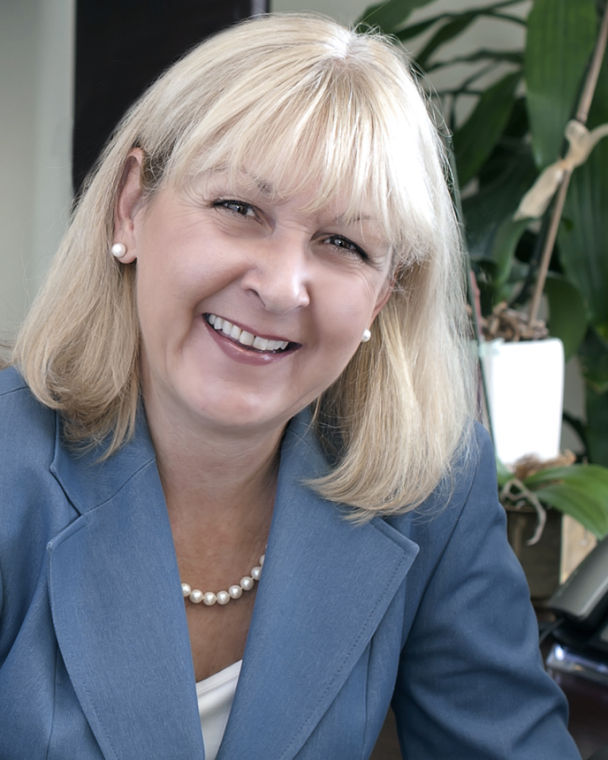Just like your primary care physician, I believe it is important to have good chemistry with your financial advisor. Your physician monitors your physical health, while your financial advisor does the same for your financial health.
A good advisor will look at all of your current financial documents and discuss your needs, goals, hopes and fears. From this starting point, the advisor will then perform an assessment, i.e. diagnosis. If changes are warranted, the advisor will “go shopping” on your behalf, i.e. seek out a specialist, in order to find the best companies and products to fit your particular situation.
So, how do find an advisor who is right for you? Referrals from friends and family are a good start. If the advisor comes highly recommended, you’ve saved yourself from a blind search on the Internet or attending “free seminars.” If you attend a seminar, is the advisor trying to sell you something? Probably. Is it a scam? Not necessarily. This could be a well-meaning person with good advice, or it could be someone who wants to make a quick buck.
These questions can be helpful:
1. How much experience do they have? Look for someone who has at least five years experience, preferably much more.
2. What services do they provide? Is the advisor’s practice limited to investment management? Or, can he or she provide estate, cash flow planning, retirement or other important services?
3. Do they use proprietary products? Proprietary products are investments issued by the company the advisor represents. Potential problems are that the advisor may have a limited range of products to offer, and they may receive incentives for doing so.
4. How do they communicate with their clients? Ideally, you will meet at least once a year, not unlike your annual physical exam. However, what happens if something comes up in between meetings? What happens if the markets drop significantly?
5. What is their investment philosophy? Make sure the advisor’s investment and planning philosophies are in line with yours. (i.e. you don’t want to end up with a stock trader when you’re more comfortable with a long term buy and hold strategy.)
6. What distinguishes them from other advisors? Have a frank discussion to gain insight into the advisor’s strengths, priorities and values.
7. Have they had any complaints lodged or disciplinary action taken against them? Use the Financial Industry Regulatory Authority’s BrokerCheck at www.finra.org.
8. How are they paid? Advisors are paid by commissions, fees and/or hourly billing. All methods are appropriate as long as they fit your needs and you understand the payment arrangement.
9. What are their professional credentials? What types of national and state licenses do they hold? Have they earned designations such as Certified Financial Planner (CFP®) or Chartered Retirement Planning Counselor (CRPC)? In addition to passing standardized exams, individuals are required to maintain status with continuing education courses. Who issued the designation? A reputable institution or the company the advisor represents? Bogus designations, especially those geared toward seniors, are a red flag.
10. How do they educate clients? Does the advisor provide individual workshops? What resources would they recommend?
When an advisor offers a thoughtful and personalized strategy, they have taken a step to earn your trust. Good financial professionals listen to client’s preferences and risk tolerance, and consider their needs and values. Asking good questions can improve your chance of finding an advisor that can help you achieve confidence in working toward your financial independence.










